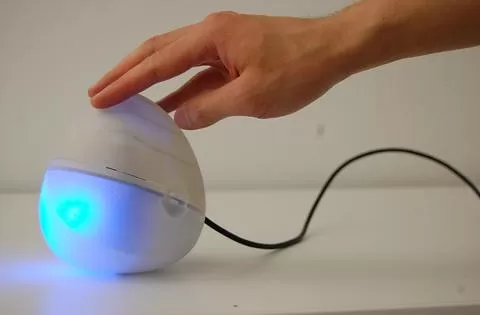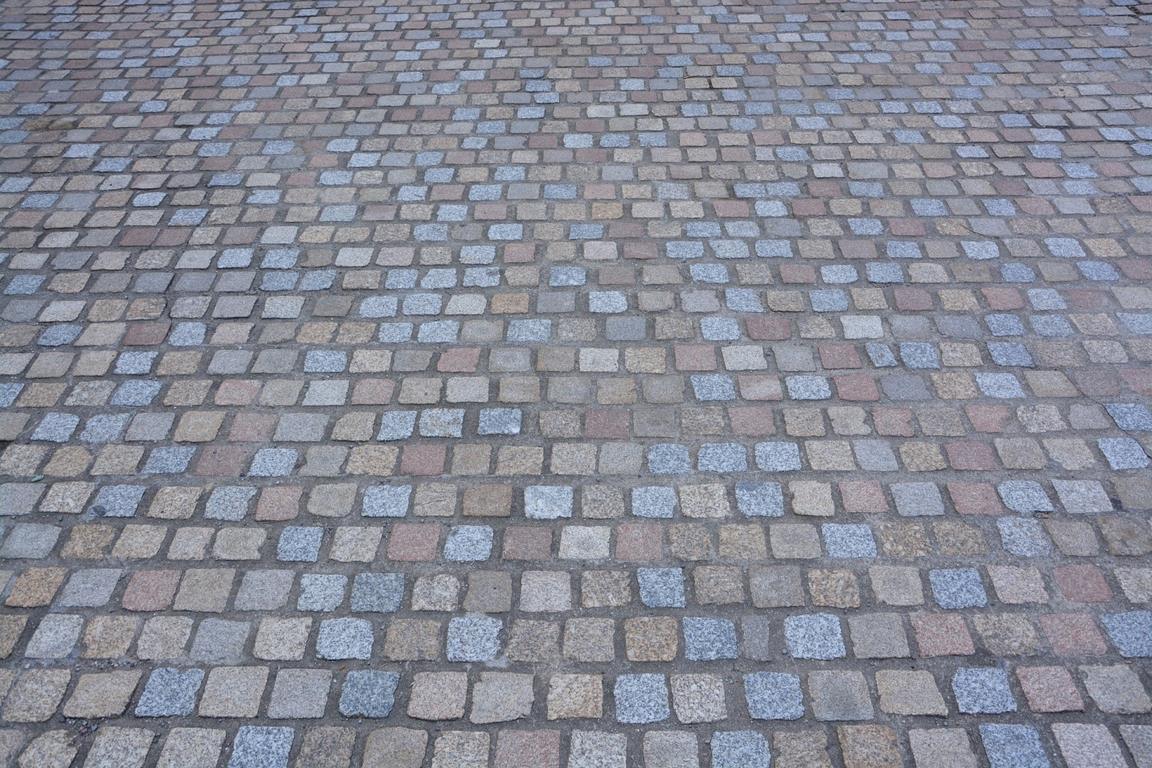When you think of allergy season, you typically think of the early days of spring when trees and flowers are all beginning to bloom and putting heavy pollen out into the air.

This is further aggravated as summer begins and grass pollen joins the mix until fall and winter take over. A tough allergy season followed by the drying effect of furnaces within an HVAC setting can be a recipe for misery. However, the extended periods of warmth experienced as climate change take its toll have increased this yearly cycle of heavy pollen production greatly.
The milder winter months now being experienced have left the more than 50 million allergy sufferers in the United States with longer allergy seasons to endure. The last thing needed is the poor air quality in the home worsening allergies. According to the Environmental Protection Agency (EPA), indoor air can often be worse than outdoor air due to the recirculation of harmful allergens in a confined space.
Improving your home’s indoor air quality is one of the most important things you can do to mitigate allergies. To keep your home air as pure as possible, you’ll want to take some measures to keep the air circulating throughout your house clean.
● Tips for Improving Air Quality Indoors
Here are some tips to achieve high air quality in your home:
- Close any doors and windows and use your HVAC system to reduce pollen filtering into your home.
- Avoid using indoor fans whenever possible. Fans don’t cool their homes very effectively; they move air around and if you have dust, pollen, or pet dander in your house, a fan will blow these around your home, distributing them more widely into the air.
- Invest in air filters and air cleaners to keep indoor air at its best.
- Ventilate indoor areas as much as possible.
- Reduce indoor airborne allergens. According to the EPA, 60% of U.S. residents are exposed to pet dander and 80% have continual exposure to dust mites. These are only the two primary sources. Others include home pests, dirt, sprays, powders, and other harmful particles.
Read Also:
What are Allergens?
Allergens are substances that we eat, inhale, or otherwise ingest which cause an allergic reaction in our immune system.
When our immune system detects an allergen, it attacks it as a foreign object invading and threatening the health of our system. Though something like a bit of pollen might not truly be a threat to the body, the immune system can overreact to an excess of it and treat it as one.
Because allergens are usually so small that they can only be seen with a microscope, we often don’t notice them on our clothes, skin, or other objects brought in from the outside into our homes. Once there, they can get distributed by air moving around inside the home and settle across numerous surfaces, including on the occupants.
Controlling Allergens
You can minimize allergens in two ways. One way is through cleaning. The other is through filtering the air in your home to prevent further distribution.
While the first may be obvious, many people don’t consider that cleaning alone won’t remove an excess of allergens in their homes. Here are some ways you can keep allergens at bay inside your domicile:
- Remove the sources of allergens and irritants
- Reduce humidity in the air to minimize dust mites and potential mold growth. In rooms where there is heavy water use, humidity can be quite higher than in other rooms.
Your bathroom, kitchen, or laundry room can all contribute significantly to the humidity level of your home. Be proactive in preventing leaks. Don’t run showers without the exhaust. Use disinfectant to remove the mold before it forms. Install a dehumidifier if necessary.
- Install air cleaners
- Vacuum frequently with a vacuum that is certified to reduce airborne allergens for those with allergies, asthma, or other breathing difficulties
- Mask up when performing cleaning that stirs up dust or debris
- Eliminate pet dander as much as possible. While it is best not to own a pet if you are prone to allergies, you can mitigate their effects by selecting a hypoallergenic breed or keeping them confined to certain areas of the home and washing them and their toys often.
HVAC-Based Tips for Reducing Allergens
In addition to the suggestions above, there are also measures you can take that will help your HVAC do some of the work when it comes to removing allergens from your home. If you are experiencing excessive allergy symptoms, these added actions can help reduce the number of allergy-inducing particles in your indoor air.
- Air filters: Replace filters often during allergy season. Use one with a high MERV (minimum efficiency reporting value) rating. The higher this rating, the better the filtration it provides.
- Routine maintenance: Your HVAC system should be serviced at least annually. It is optimal to even service it twice per year, once before spring/summer air conditioning use and once before fall/winter furnace use. Your system must run well to clean your indoor air well. A dirty or faulty system can even do more harm than good.
- Ductwork: Dust, grime, and debris can collect in your ducts and be carried out into the air inside your home. A once or twice-per-year cleaning can keep any buildup from collecting inside your ducts to be carried out into your breathing space. You can easily incorporate this into your overall maintenance routine by having both services performed in the same visit.
- Air purifiers: If you aren’t getting the air quality you’d prefer, you can purchase a stand-alone air purifier or have a whole-house filter
- Dehumidifiers/humidifiers: Both breaths of air that are too dry and too moist can affect allergy discomfort. If you have one or both of these problems in your home, you can use a dehumidifier to remove excess moisture from the air or a humidifier to introduce more moisture.
- Ultraviolet light: Ultraviolet light devices installed in the ductwork help kill allergens and bacteria before they can become airborne and recirculate throughout your home.
● Conclusion
If you have concerns about the quality of your indoor air and how it is affecting your allergies or asthma, you should contact a professional HVAC professional to do an inspection and make recommendations about improving your situation.
These companies are usually licensed and trained to maintain proper air quality throughout your home and can provide personalized advice and recommendations based on your HVAC system setup.









